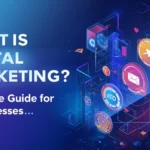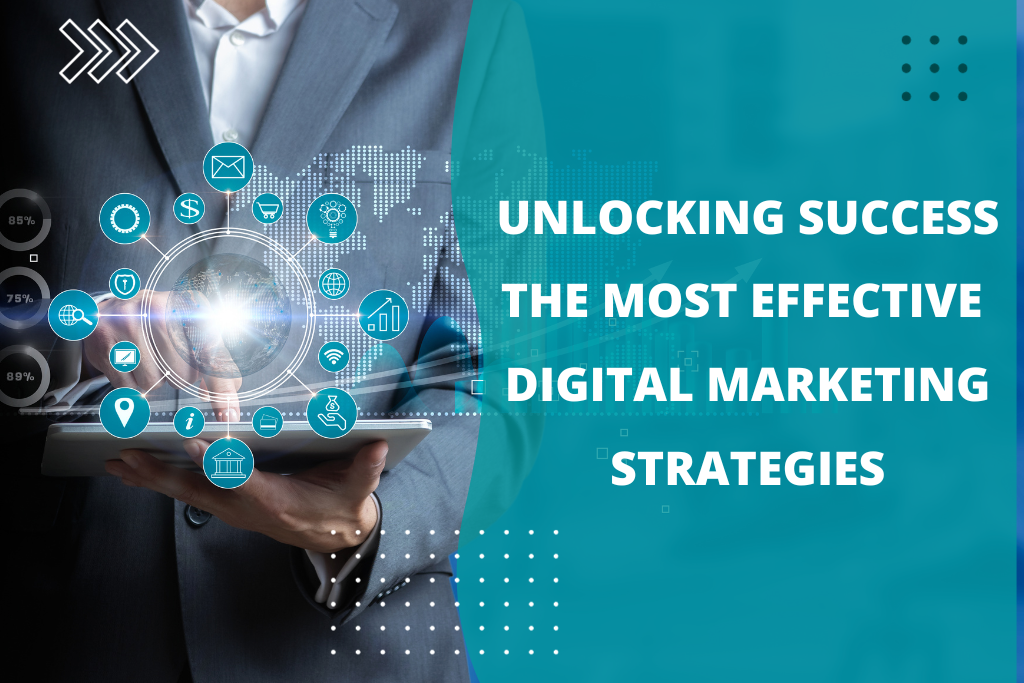Businesses confront strong competition to attract the attention of their target audience in today’s fast-paced digital world. Whether you’re a budding entrepreneur or a seasoned marketer, understanding and implementing effective promotion strategies is crucial for success. This blog will delve into various promotion strategies that can help you stand out in the crowded marketplace.
1. Content Marketing:
Content is king, and content marketing remains a potent strategy for promotion. High-quality blog posts, videos, infographics, and other forms of content can engage your audience and establish your expertise. By consistently producing valuable content, you not only inform and educate your audience but also build trust and credibility over time.
2. Social Media Marketing:
Social media platforms have become invaluable tools for promotion. Leveraging platforms like Facebook, Instagram, Twitter, and LinkedIn can help you reach a vast and diverse audience. Engage with your followers through interactive posts, stories, and live sessions, allowing you to create a genuine connection with your audience.
3. Search Engine Optimization (SEO):
To ensure your online presence is easily discoverable, invest in SEO. Optimize your website and content for search engines, enabling potential customers to find your products or services when they search for relevant keywords. Ranking higher in search engine results pages (SERPs) can significantly boost organic traffic to your website.
4. Email Marketing:
Email marketing remains one of the most effective promotion strategies, offering direct communication with your audience. Craft personalized, engaging email campaigns to nurture leads and keep existing customers informed about your products, services, and promotions.
5. Influencer Marketing:
Influencer marketing capitalizes on the trust influencers have built with their followers. Partnering with relevant influencers in your industry can help you tap into their engaged audience and gain credibility through their endorsement.
6. Paid Advertising:
Paid advertising through platforms like Google Ads, Facebook Ads, and Instagram Ads allows you to target specific demographics and reach potential customers directly. These platforms offer robust analytics to help you measure the effectiveness of your campaigns and adjust your strategies accordingly.
7. Affiliate Marketing:
Affiliate marketing involves collaborating with individuals or businesses who promote your products or services in exchange for a commission on sales. This strategy can rapidly expand your reach and drive sales while minimizing upfront marketing costs.
8. Referral Programs:
Encourage your existing customers to become brand advocates by implementing referral programs. Offer incentives for customers who refer others to your business, such as discounts or rewards. Word-of-mouth marketing is a powerful tool for growth.
9. Public Relations (PR):
Building a positive public image is crucial for long-term success. Engage with media outlets, industry publications, and influencers to create a positive buzz around your brand. PR can help boost your credibility and reach new audiences.
10. Event Marketing:
Hosting or participating in events, both physical and virtual, can be an effective way to promote your brand. Events allow you to engage with potential customers directly, showcase your products or services, and build meaningful relationships.
11. Customer Reviews and Testimonials:
Encourage satisfied customers to leave reviews and testimonials on platforms like Yelp, Google, or Trustpilot. Positive reviews build trust and influence potential customers’ purchasing decisions.
12. Remarketing:
Implement remarketing strategies to re-engage visitors who have previously interacted with your website or products. This approach can remind potential customers about your offerings and encourage them to complete their purchase.
13. Mobile Marketing:
With the increasing use of mobile devices, optimize your marketing efforts for mobile users. Ensure your website is mobile-friendly, and consider using SMS marketing or mobile apps to connect with your audience.
14. Data Analytics:
Regularly analyze data and metrics to assess the performance of your promotion strategies. Use insights to refine your approach, allocate resources effectively, and make informed decisions.
Digital Marketing Strategies
In conclusion, effective promotion strategies are essential for businesses looking to thrive in the digital age. By combining various approaches and tailoring them to your specific goals and target audience, you can create a comprehensive promotion strategy that sets you apart from the competition. Keep in mind that successful promotion requires continuous adaptation and optimization to stay relevant in the ever-evolving marketing landscape.
 seolounge
seolounge




